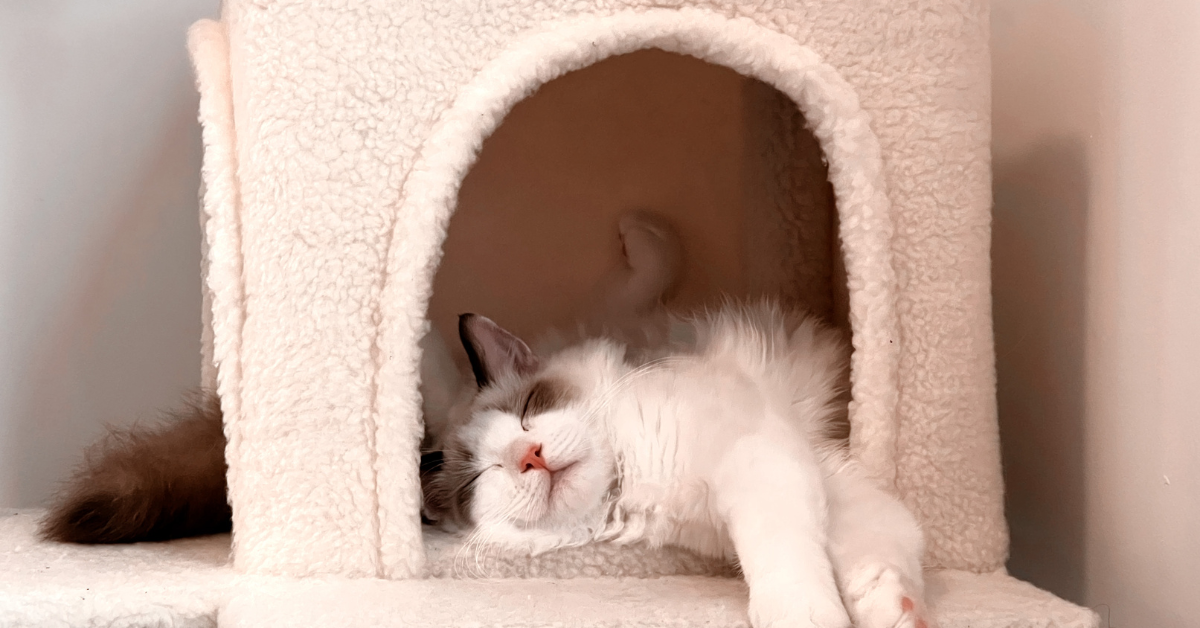
Hypoglycemia in Cats: Symptoms and Care
Hypoglycemia is a condition that affects humans and pets. It occurs when blood sugar levels drop too low, leading to various symptoms and severe consequences if left untreated. Since cats cannot express discomfort, pet owners must remain vigilant. This article will discuss hypoglycemia in cats and how to respond appropriately.
What is Hypoglycemia?
Like humans, cats have glucose, or blood sugar, in their systems. A normal blood sugar level for cats typically ranges from 70 to 100 mg/dL. When these levels fall below this range, hypoglycemia is diagnosed. Low blood sugar can lead to symptoms such as fatigue and confusion. In severe cases, it may result in seizures or unresponsiveness.
Recognizing Hypoglycemia in Cats
The most noticeable sign of hypoglycemia is a significant drop in energy. You might observe your typically active cat becoming lethargic, with decreased appetite and behavioural changes. Kittens, in particular, may be more susceptible if they go without food for too long, making it necessary for owners to pay extra attention to their feeding schedules.
For adult cats, normal blood sugar levels can range from 70 to 150 mg/dL, while newborn kittens may have much lower levels, around 20 to 60 mg/dL. Understanding these ranges is essential for proactive health management. If you suspect your cat has hypoglycemia, blood sugar testing can be done at most veterinary clinics, but it’s advisable to seek emergency care if symptoms arise.
Responding to Hypoglycemia
- Maintain Warmth If you suspect your cat is hypoglycemic, keeping them warm is critical. While an incubator is ideal, you can use a box lined with a heating pad or a warm water bottle. Monitor your cat closely to avoid overheating, which can cause additional complications.
- Supply Energy Replenishing your cat’s energy with a sugar source is essential. While intravenous supplementation is effective, pet owners can instead offer a mixture of sugar water. Avoid honey due to allergy risks.
After providing initial care, even if your cat seems to stabilize, visit a veterinary clinic for a proper evaluation and treatment.
